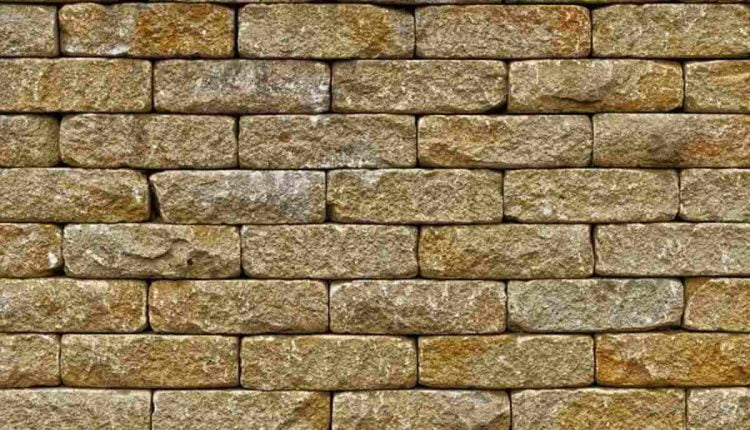There are drywall installation tricks that might make it easier for homeowners to get a professional look while hanging their drywall. You should have all the resources you need to do the task successfully before you start.
One of the most crucial steps is taking measurements. The hassle of stopping work to collect more materials can be avoided with precise measurements. Drywall comes in a variety of sizes and thicknesses. Using drywall sheets 4 feet wide by 8 feet long and 1/2 inch thick for walls and 5/8 inch thick for ceilings can make your life much easier as a beginner. If you’re remodeling a bathroom or similar damp space, you’ll need to use green board.
Take precise measures from floor to ceiling and around the room’s perimeter. The number of sheets of drywall required can be calculated by dividing the total square feet by 32. This is how many sheets of A4 paper you’ll need; add a few mistakes. Furthermore, you will need screws, a screw gun, drywall mud, a drywall knife, a keyhole saw, drywall tape, a mud pan, a six-inch mud knife, an eight-inch mud knife, a ten-inch knife, and some sandpaper.
The framing, wiring, insulation, and plumbing should all be checked before the drywall is installed. Start at the top when hanging drywall and work your way down the wall. Ceilings can be hung with the help of a jack or raise. Put a screw through the drywall and into the frame every 12 inches using the screw gun. The screws must go far enough to leave a recession so they don’t come loose afterward.
Drywall installation on the walls should begin after the ceiling is finished. Hang each sheet at an angle for the most significant and secure results. Making one’s way to the ground by way of the wall. A half-inch space away from the subfloor is recommended. Cut drywall to size with a drywall saw and use a keyhole saw to cut around electrical boxes.
Now that the drywall is up, it’s time to apply the final touches. Depending on the type of corner beading you bought, you can either mud it into place or screw it into position.
After spreading the compound over a seam with the six-inch knife, cover it with drywall tape. With a soft touch and the six-inch knife, cut across the tape from center to edge and back again. The knife should rest with a bit of touch, virtually flush to the wall. This flattened and adhered the mud by drawing it from the center out through the tape. Fill in all of the screw holes with the tiny knife. Leave overnight to dry.
The next day, you’ll fill the cracks so the floor is nice and smooth. Starting at the base of the wall, smooth a layer of mud over the tape using an eight-inch knife (or a ten-inch knife if an eight-inch knife was used to tape). It will be substantial, but unnecessary girth should be avoided. Overnight, this needs to dry completely. You will sand and put on a skim coat the next day. Don’t sand the seams with too much pressure, or you’ll rip through the tape. When you’re done sanding, use a ten- or twelve-inch knife to spread a thin layer of mud over the joints. The purpose of this process is to create an even smoother finish. Thus, only a small amount of mud is utilized, and most is removed. Dust should be vacuumed between layers, and the walls should be wiped down before painting. These drywall installation guidelines benefit anyone hanging a green board in a high-humidity environment.
With any luck, you’ll now be able to complete your drywall DIY project with the knowledge and tools you need.
You can use Bid For Materials to find your area’s most cost-effective drywall distributors. It should be straightforward to source regional construction materials.
Read also: The reason why A Good Quality Garage Door in Dallas Is Vital.


